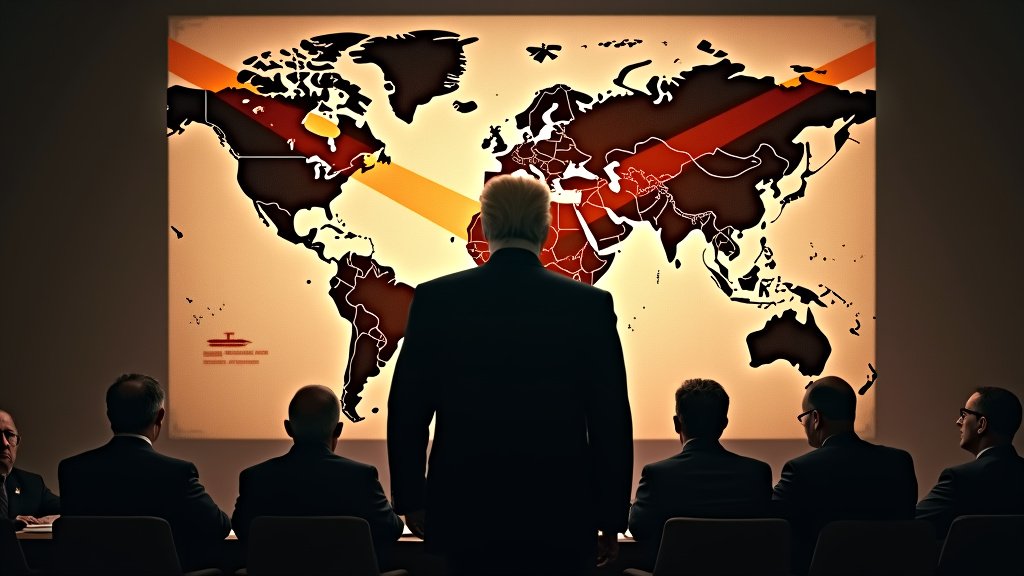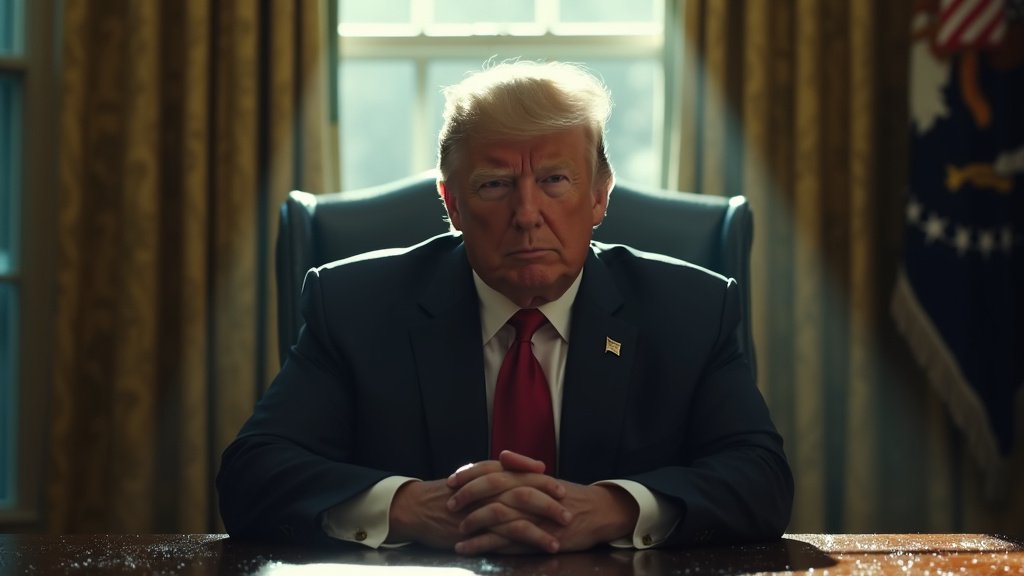Washington, D.C. – The Trump administration has ignited a significant legal and constitutional standoff by openly defying a federal judge’s order concerning the deportation of Venezuelan nationals, leading to accusations of undermining judicial authority and prompting warnings of a “constitutional crisis” from civil liberties advocates.
The confrontation escalated following a hearing in Washington, D.C., where U.S. District Judge James Boasberg pressed a Justice Department lawyer regarding the administration’s failure to comply with an order he issued on Saturday. Judge Boasberg’s order specifically directed the administration to halt two deportation flights already en route to El Salvador carrying Venezuelan nationals and to ground a third planned flight. The order aimed to prevent their removal amidst ongoing legal challenges.
Courtroom Confrontation and Ministerial Silence
During the court hearing, the Justice Department attorney, representing the administration, reportedly refused to answer many of Judge Boasberg’s direct questions. The attorney claimed not to be authorized to provide responses regarding the administration’s actions or lack thereof in complying with the judicial directive. This refusal to engage fully with the court’s inquiries underscored the administration’s confrontational stance.
The legal case at the heart of the dispute was brought forward by the American Civil Liberties Union (ACLU), a prominent civil rights organization. Following the hearing, ACLU lawyer Lee Gelernt characterized the situation in stark terms, stating that the administration’s actions constituted a “constitutional crisis.” This assessment highlights the gravity with which civil liberties groups view the executive branch’s apparent disregard for judicial mandates.
Administration’s Public Defiance and Legal Justifications
The defiance was not confined to the courtroom. Senior administration officials publicly dismissed the authority of the judiciary in immigration matters. Tom Homan, then serving as the Trump administration’s “border czar,” appeared on Fox News and openly challenged Judge Boasberg’s jurisdiction. Homan asserted that the judge lacked authority over the deportation flights because, according to Homan, the planes were already over international waters. In a widely quoted statement, Homan declared, “I don’t care what the judges think,” signaling a clear intent to prioritize executive action over judicial oversight.
White House aide Stephen Miller also appeared on CNN, where he offered further justification for the administration’s actions. Miller asserted the Trump administration’s right to violate court orders with which it disagrees. He controversially argued that the President’s powers as commander-in-chief to expel “illegal alien invaders” are not subject to judicial review. Critics swiftly pointed out that such claims contradict fundamental principles of the U.S. legal system, where executive actions are routinely subject to judicial scrutiny, and the assertion of authority to violate court orders is a direct challenge to the rule of law. Miller’s claims were widely characterized as false by legal experts and commentators.
The Alien Enemies Act of 1798 Invoked
Further illustrating the administration’s aggressive legal posture, officials invoked the Alien Enemies Act of 1798 to justify the deportations. This rarely used, centuries-old law allows the President, during times of declared war, to apprehend, restrain, secure, and remove non-citizens who are natives, citizens, or subjects of a hostile nation. The administration’s application of this wartime statute to Venezuelan nationals in the context of immigration enforcement drew significant criticism and raised questions about the scope of executive power being claimed.
Attempt to Remove the Judge and Broader Implications
Adding another layer to the dispute, the administration is now attempting to remove Judge Boasberg from the case. Such a move is highly unusual and signals the administration’s deep dissatisfaction with the judge’s rulings and its willingness to employ extraordinary measures in the legal battle over immigration enforcement. The attempt to sideline the presiding judge further fueled concerns about the administration’s respect for the independence of the judiciary.
The confluence of defying a direct court order, a Justice Department representative’s refusal to cooperate fully in a hearing, senior officials publicly stating disregard for judicial authority, invoking a historically specific wartime law, and attempting to remove the judge underscores the significant tension between the Trump administration and the federal judiciary over immigration policy and executive power. The situation, as described by the ACLU, represents a moment of profound challenge to the constitutional separation of powers, prompting national and international attention on the rule of law in the United States.
The outcome of this legal battle is expected to have lasting implications for the balance of power between the executive and judicial branches and the extent of presidential authority in matters of immigration and national security.












